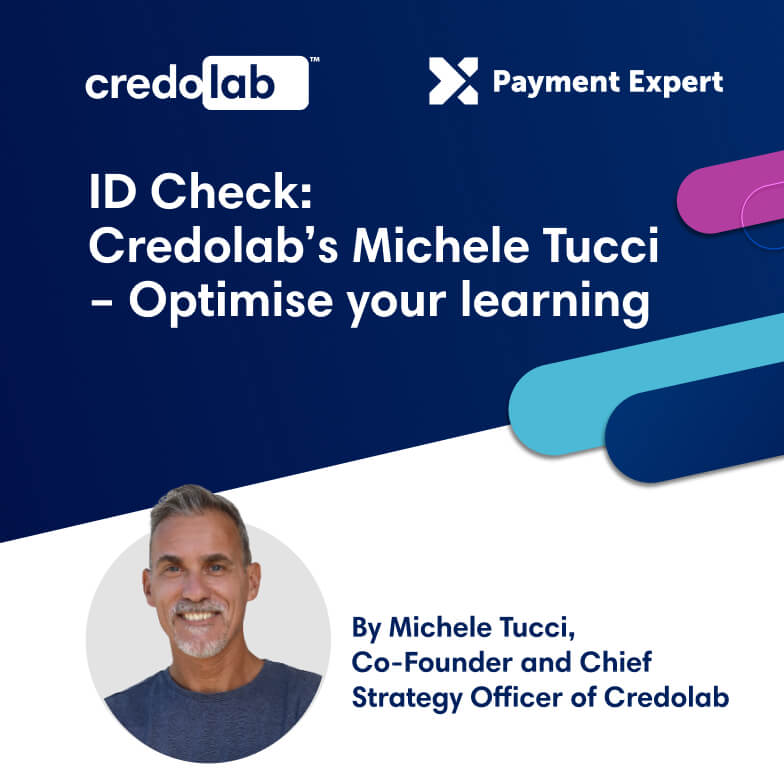News
Sep 14, 2020
The Wall: Alternative credit scoring gaining relevance
The credit scoring industry has been disrupted by alternative methods of collecting data in recent years. Instead of looking at an individual’s credit payment history, alternative credit scoring providers use data points from mobile phone usage to determine the likelihood of an individual repaying their loans. Find out more about this in an interview with our CEO & Co-Founder, Peter Barcak.
Subscribe to our newsletter
This is an excerpt from the original article that appeared in Personal Wealth, The Edge Malaysia Weekly, on September 7, 2020 - September 13, 2020.
The credit scoring industry has been disrupted by alternative methods of collecting data in recent years. Instead of looking at an individual’s credit payment history, alternative credit scoring providers use data points from mobile phone usage or psychometric tests to determine the likelihood of an individual repaying their loans.
Alternative credit scoring generally refers to the use of non-traditional data to determine an individual’s repayment behaviour, in contrast to the usual method of examining the individual’s borrowing and repayment history.
The service providers create models based on studies that have drawn a correlation between data points with repayment rates. These data points could be from mobile phone usage, psychometric test results, mobile money use and even social media footprints.
This new source of data is used to complement traditional credit scores. Consequently, this helps lenders expand their pool of borrowers to those with insufficient credit history while keeping risks in check.
These unconventional data points have been playing an increasingly prominent role in assessing creditworthiness during the pandemic, according to some of the alternative credit scoring providers.

“A lot of countries have introduced payment moratoriums [for loans], so people stopped making regular payments for long periods of time. The consequence is that the data that is collected from credit bureaus is now useless … You don’t know who is a good or bad customer because high-quality data is not available for maybe six to nine months,” says Peter Barcak, founder and CEO of CredoLab, an alternative credit scoring provider based in Singapore.
CredoLab is currently working with a client that provides a buy-now-pay-later service, says Barcak. The alternative credit scoring firm is also working with Visa Inc to help financial institutions roll out the best credit card products to customers. Its other clients include CIMB Bank Philippines, Singapore-based financial aggregator GoBear and some financial institutions in Malaysia.
The company recently signed an agreement with UK-based GBG Group, which sells anti-fraud solutions and identity verification solutions, to distribute its products to financial institutions globally.
“We started to offer our products to banks and digital lenders in 2016. It was an obvious choice back then. In 2019, we realised that there are other players who are trying to solve the same pain points as banks. They face the same problem, which is the lack of predictive data to make better credit decisions. We realised that we could provide the same high-quality services to these players as we did for banks,” says Barcak.
Going forward, there could be an increasing demand for alternative credit scoring services among e-commerce and online service providers. As these providers become more popular, they are expanding their services to include lending or payment by instalment. The wealth of data that these companies have of its customers or sellers can be used to assess their creditworthiness.
Amazon, for instance, extends loans to its established sellers, as determined by the e-commerce site’s internal data. Meanwhile, Grab Financial Group launched its micro-lending platform and PayLater Postpaid programme last year in Singapore.
How can smartphones assess creditworthiness?
Smartphone metadata refers to information like the number of events added to the calendar, number of new contacts added and types of apps used. It does not include the content of the messages, files or calls.
CredoLab accesses around 50,000 such data points and from there, builds 3.8 million features, which are behavioural characteristics. These are then used to develop a predictive scorecard.
“We don’t collect any personally identifiable information or sensitive data. We are not able to identify who is the owner of the data. We don’t collect phone numbers and we don’t use call data. An example of raw data that we collect could be the number of messages received or number of emails sent in the last seven days,” says Barcak.
All the information is collected with prior consent from the customer, and the results can be available in less than a second. Whenever CredoLab works with a new client, it will have a three-month data collection period, during which it examines data linking individuals’ repayment history with their behavioural characteristics.
According to a case study on CredoLab’s website, it managed to reduce the default rates of a pay day loan provider for underbanked or unbanked customers in Indonesia by 26% with this solution.
“The relevance of alternative data will increase over time and companies like ours will capture that opportunity. The impact we can bring to clients is huge because the lenders can expand their market share and also have risks under control,” says Barcak.
The the whole article here.
All images, courtesy TheEdge Markets.


.jpg)

